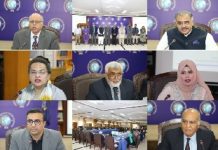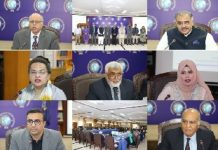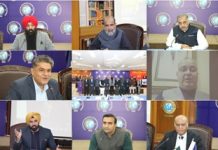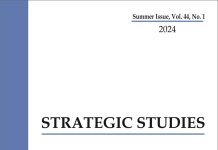Abstract:
India’s aspiration to become a major power through military dominance and arms competition has been threatening regional peace and cooperation. Such hegemonic designs are also making India vulnerable against its internal human development challenges. The first important theme, which the study will explore, is that the overambitious plan to develop a well-equipped and modernised armed force has compelled India to increase its defence budget by almost 164.5 per cent from 2004 to 2014. Despite such a huge budgetary increase India has failed to boost its indigenous defence industry. India has now a top arms importer, fulfilling almost over 70 per cent of its defence needs through foreign imports, but Indian armed forces are still considered ‘antique’ and ‘ageing.’ The second important theme of the study is to analyse that occupied in a never-ending arms race, India has failed to address its major human development challenges. Poverty, quality education, healthcare, and other socio-economic deprivations afflict a large majority of the Indian population. Millions of Indians are living below the poverty line and more than half of its population lacks access to basic civic necessities. The state of India’s human development indicators is in stark contrast with the minimum requirements to qualify for a major power status. The study concludes that India’s rapid defence spending can destabilise the regional peace, and that a state like India cannot acquire a major power status by neglecting its key human development issues. Huge defence spending cannot protect a nation against internal social and economic deprivations.













